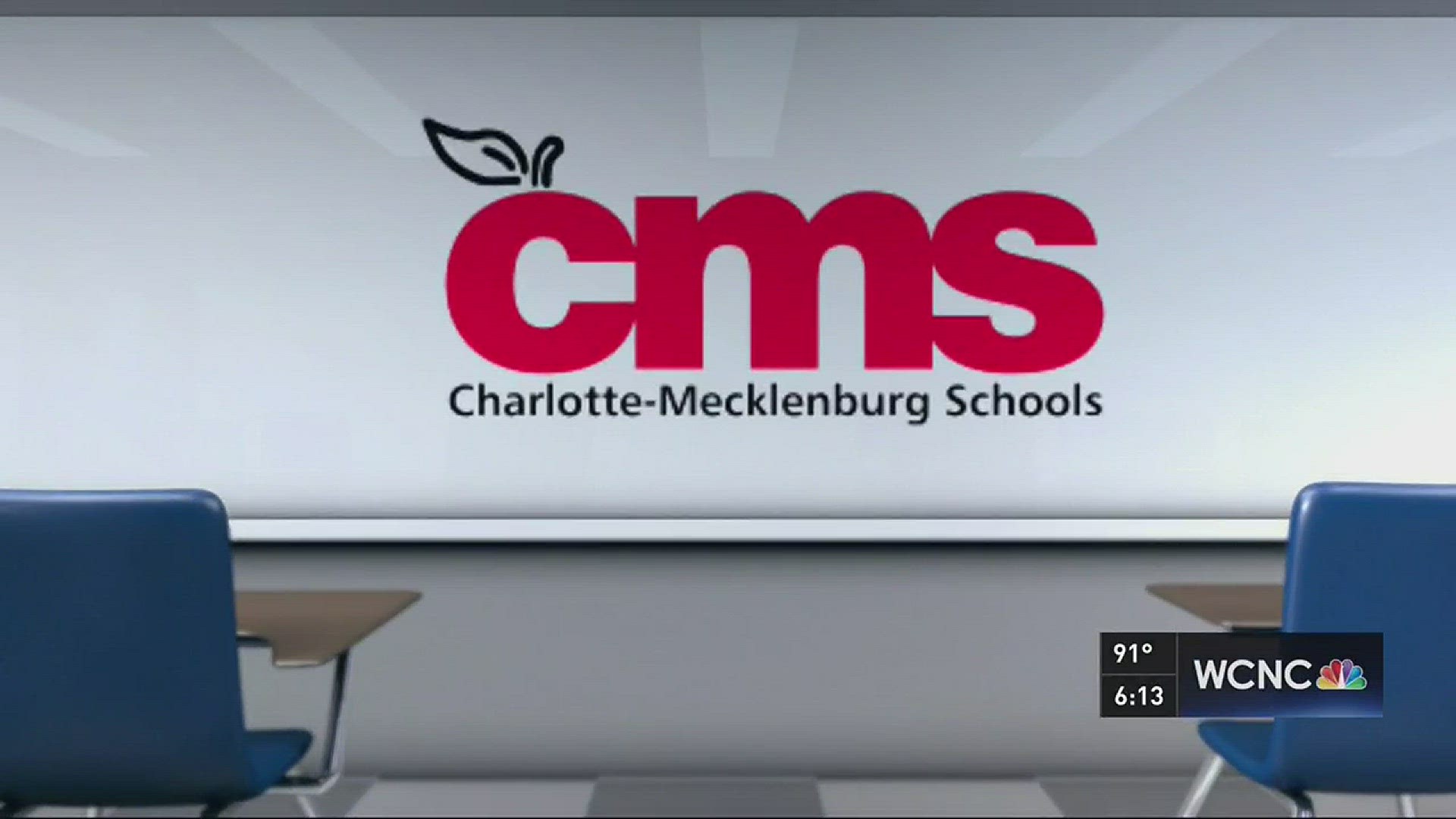CHARLOTTE, N.C. -- It was once an informal rule for educators to not suspend 4- and 5-year-olds, but in North Carolina, thousands of children under the age of 7 are suspended each year.
"I would have been surprised 10 years ago, but what I'm hearing from our elementary school principals, they are asking for support for the mental health issues they are seeing in very young children," said Charlotte-Mecklenburg Schools Superintendent Ann Clark.
In CMS, just under 1000 students, Pre-K to second grade received out of school suspensions last year. That is down from 1100 and 1200 the previous school years; however, CMS Board Member Ericka Ellis-Stewart still finds the numbers too high.
"I thought, 'wow, that's a lot of kids, a lot of young kids who are missing school,'" she said. "We're having anywhere from 900 to 1200 students suspended on a given year, at such a young age, that there's some things we can do differently," Ellis-Stewart declared.
Ellis-Stewart proposed a moratorium for out of school suspensions for grades Pre-K to 2 at a CMS policy meeting Wednesday morning. Ellis-Stewart says she was inspired by the Seattle School District that instituted a moratorium for out of school suspensions for elementary schools.
California passed legislation banning suspensions for students third grade and younger. Many of these tactics are being employed to close the disproportion gap in suspensions that generally impact students of color and with special needs.
"They are often suspended earlier and severer consequences then their peers," said Ellis-Stewart.
Maureen Wallace has a kindergartner with down syndrome.
"For us it has come down to luck," she said.
Wallace says the teachers and staff at Cornelius Elementary have been very helpful and paired her son with behavioral experts.
"Charlie does a lot of sign language," she said.
She says he has difficulty communicating,which has been the root of some behavioral issues. While this hasn't resulted in a suspension for her son, she says she has friends that didn't have the same outcome.
"This child was suspended seven times in three months and she's a second-grader," Wallace said. "A child K to second grade, they don't understand-- any child at that age don't understand-- but a child with a disability particularly won't understand."
Suspensions in North Carolina are up 5.3-percent, and exceptional students like Charlie make up 24-percent of all out of school suspensions. That is just under 51,000 students.
One in 13 students in North Carolina received suspensions in the 2014-2015 school year. CMS has made strides in reducing the number of suspensions handed out. The district has not released data for exceptional students or by grade, however, minority students, particularly black males, make up 56-percent of suspensions handed out in the last school year.
"We're talking about kids with disabilities, we're talking about minorities, those are the two biggest segments facing this kind of punishment, something is wrong and we need to fix it," Wallace declared.
She asked what message it sends to other students.
"You look at the children who are in that classroom watching their peer with disabilities or peer with color being removed from the environment," she said.
However, Wallace isn't sure a moratorium is the answer.
"If they want to put everything under the umbrella of a ban, if it makes everyone happy, that's great, but where's the action," she said.
Ellis-Stewart's proposal would couple the moratorium with alternative disciplinary measures and resources and support for teachers. She hopes the board will review suspension data and take the next year to come up with a policy change.
Ellis-Stewart says students who are suspended at young ages are three times as likely to be suspended multiple times and come in contact with the criminal justice system.

